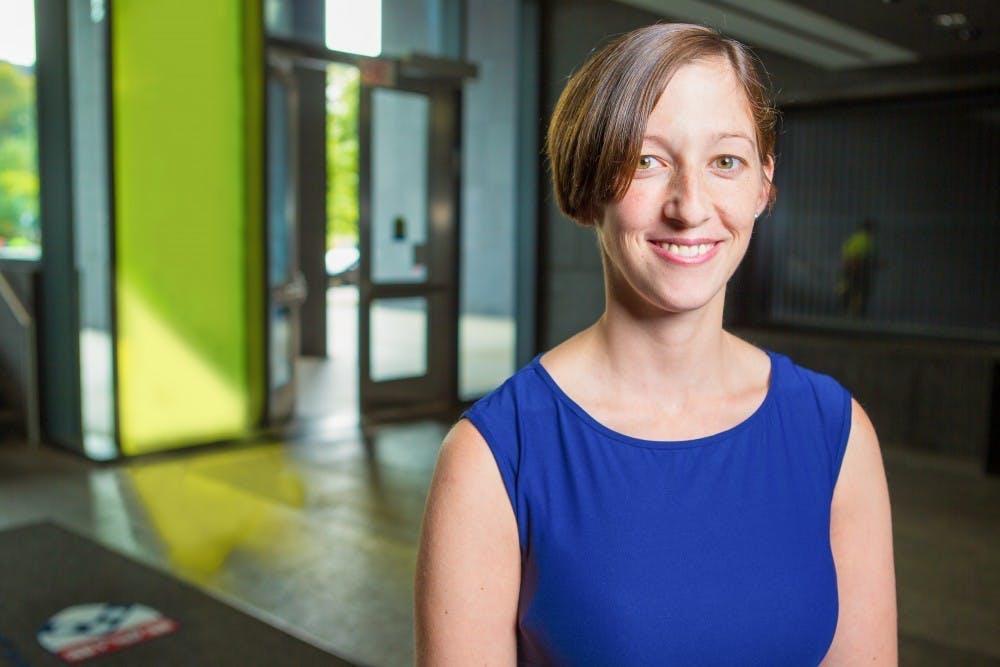
A Penn professor is one of five scientists to receive a $9 million grant to identify the parts of the brain most vulnerable to Parkinson's disease.
On Oct. 26, Bioengineering professor Danielle Bassett and the other members of the team were awarded the Collaborative Research Network grant from the Aligning Science Across Parkinson's initiative, a research group focusing on Parkinson's disease, the Van Andel Institute reported.
The team is headed by Thomas Biederer from Yale University, with co-investigators Bassett, Van Andel Institute assistant professor Michael Henderson, and Yale professors Elena Gracheva and Michael Higley. The team will receive the funding over a three-year span, the Van Andel Institute reported.
“We are grateful to ASAP for investing in research that we hope will transform how we understand and treat Parkinson’s disease,” Hendserson told the Van Andel Institute.
Parkinson’s is a long-term neurodegenerative disease that damages the brain and leads to decreased motor functions. Although symptoms can be managed with medication, there is currently no cure for the disease.
It is unknown what areas and cell types in the brain are most at risk from Parkinson's disease. Through the grant, Bassett and her team are looking to discover these areas, and develop a potential method of protection.
“Each team selected for the Collaborative Research Network brings unique expertise and perspective to ASAP’s mission of tackling key knowledge gaps in disease understanding through open service,” ASAP Managing Director Ekemini Riley told the Van Andel Institute.
This is not the first time Penn scientists have earned funding for Parkinson’s research. In 2019, researchers in the Perelman School of Medicine were awarded a $20 million grant from the National Institute of Neurological Disorders and Stroke to research the progression of Parkinson's.
Additionally, in 2019, Bassett worked with other Penn researchers to create a model to predict the brains’ response to electrical stimulation with the goal of helping patients regain movement after brain damage.
The Daily Pennsylvanian is an independent, student-run newspaper. Please consider making a donation to support the coverage that shapes the University. Your generosity ensures a future of strong journalism at Penn.
Donate






